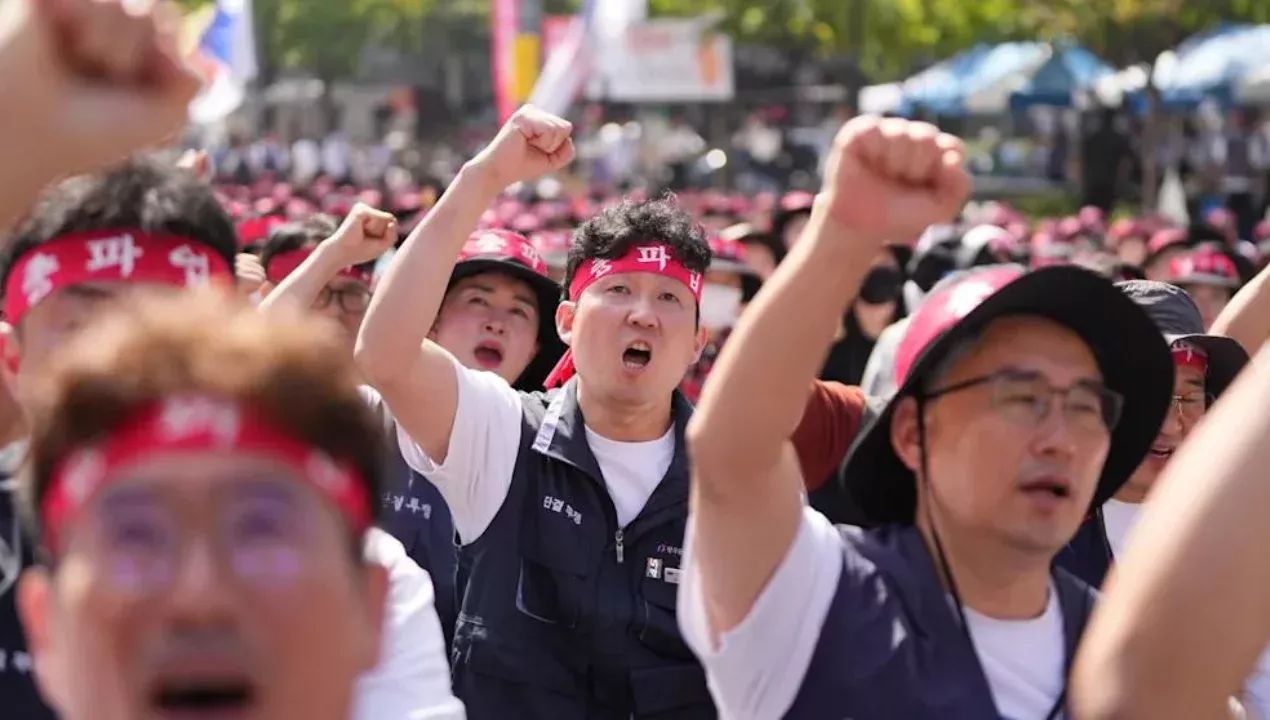South Korea plans to reduce working hours

South Korean President Lee Jae-myung emphasized the need for new policy measures to balance work and personal life. This was reported by Zamin.uz.
He stated that long working hours hinder the professional development and family life of young people. According to research, Korean employees work an average of 1,874 hours per year, which is 130 hours more than the average of the Organisation for Economic Co-operation and Development (OECD).
According to Lee Jae-myung, such a workload will not bring long-term benefits to either demographics or the economy. The government plans to reduce the workweek from 40 hours to 36 hours by 2030, and later gradually transition to a four-day workweek without reducing salaries.
A special working group has been established to implement this process, developing a roadmap for reforms and mechanisms for subsidies to enterprises. Trade unions have supported this initiative, considering it an effective tool to alleviate demographic problems.
However, business sectors are cautious, as a reduction in the workforce may negatively impact economic growth. South Korea has one of the lowest birth rates in the world, with an average of 0.75 children per woman.
The reduced workweek and flexible work schedule especially allow young families to allocate time efficiently, care for children, and pursue professional development simultaneously. Overall, Seoul aims to improve people's quality of life while maintaining work productivity.
The main question now is how quickly and smoothly the new laws will be implemented.







